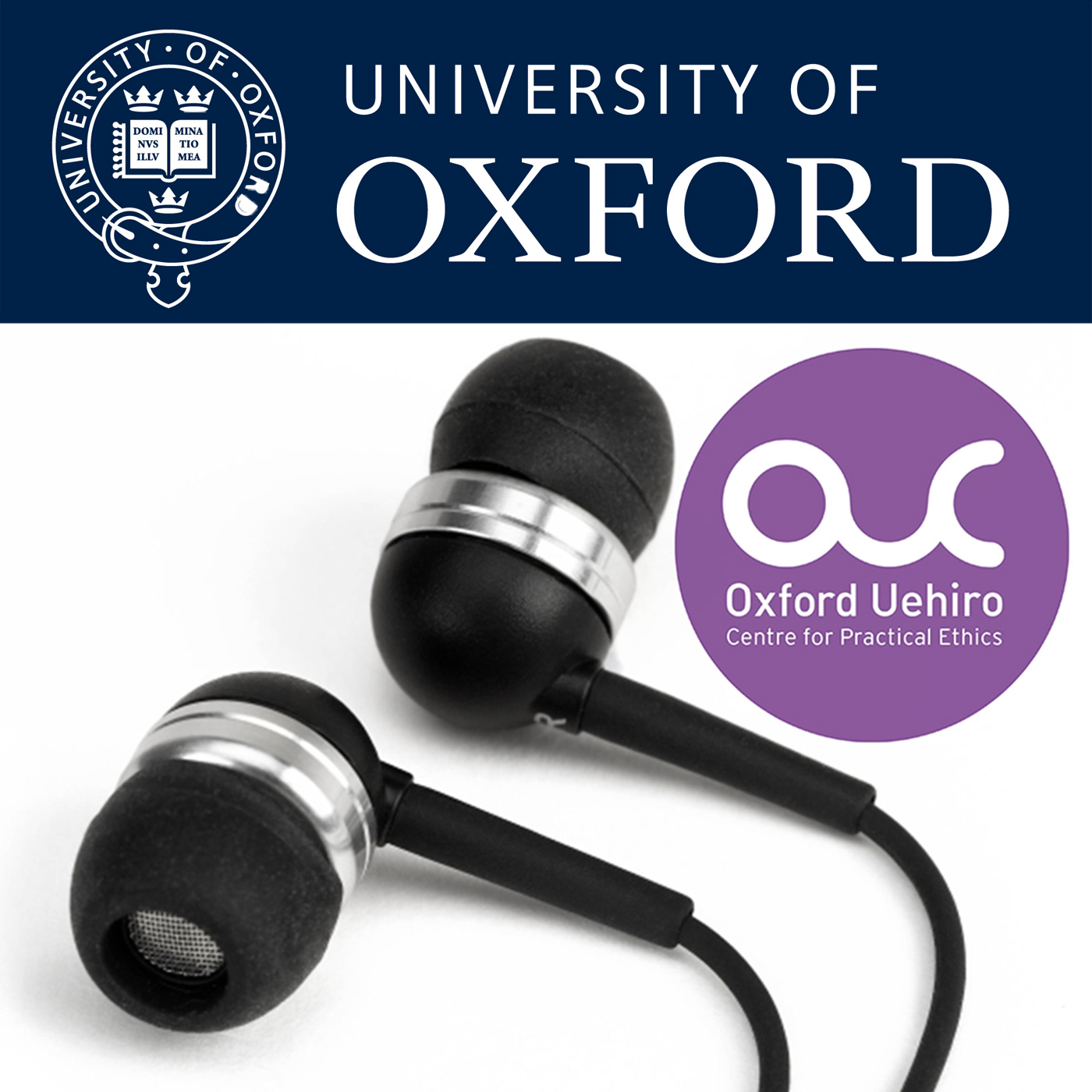The Ethics of Stress, Resilience, and Moral Injury Among Police and Military Personnel
Description
Professor Seumas Miller sets out how the use of lethal and coercive forces may erode moral character and cause moral injury. According to leading psychiatrist Jonathan Shay whose patients are US war veterans, “Moral injury is an essential part of any combat trauma that leads to lifelong psychological injury. Veterans can usually recover from horror, fear and grief so long as ”what’s right” has also not been violated”. The focus of this paper is on moral injury in both military combatants and police officers. The role of combatants and that of police officer both necessarily involve the use of harmful methods – paradigmatically, the use of lethal force in the case of combatants, the use of coercive force, deception and the like in the case of police officers - in the service of good ends, notably national self-defence and law enforcement, respectively. However, the use of these methods sets up a dangerous moral dynamic, including so-called dirty hands/dirty harry scenarios, and the possibility of the erosion of moral character - and, in some cases, moral injury. Creative Commons Attribution-Non-Commercial-Share Alike 2.0 UK: England & Wales; http://creativecommons.org/licenses/by-nc-sa/2.0/uk/
More Episodes
Professor Predrag uses a comparison of money and morality to explore the mutual relationship between morality and personality. To clarify the tension that exists between morality and personality, Cicovacki opens his talk by comparing the development of the money economy and morality. Money and...
Published 11/09/23
Professor Mark Coeckelbergh considers whether AI poses a risk for democracy n this St Cross Special Ethics Seminar Cases such as Cambridge Analytica or the use of AI by the Chinese government suggest that the use of artificial intelligence (AI) creates some risks for democracy. This paper...
Published 03/13/23
Published 02/02/23


